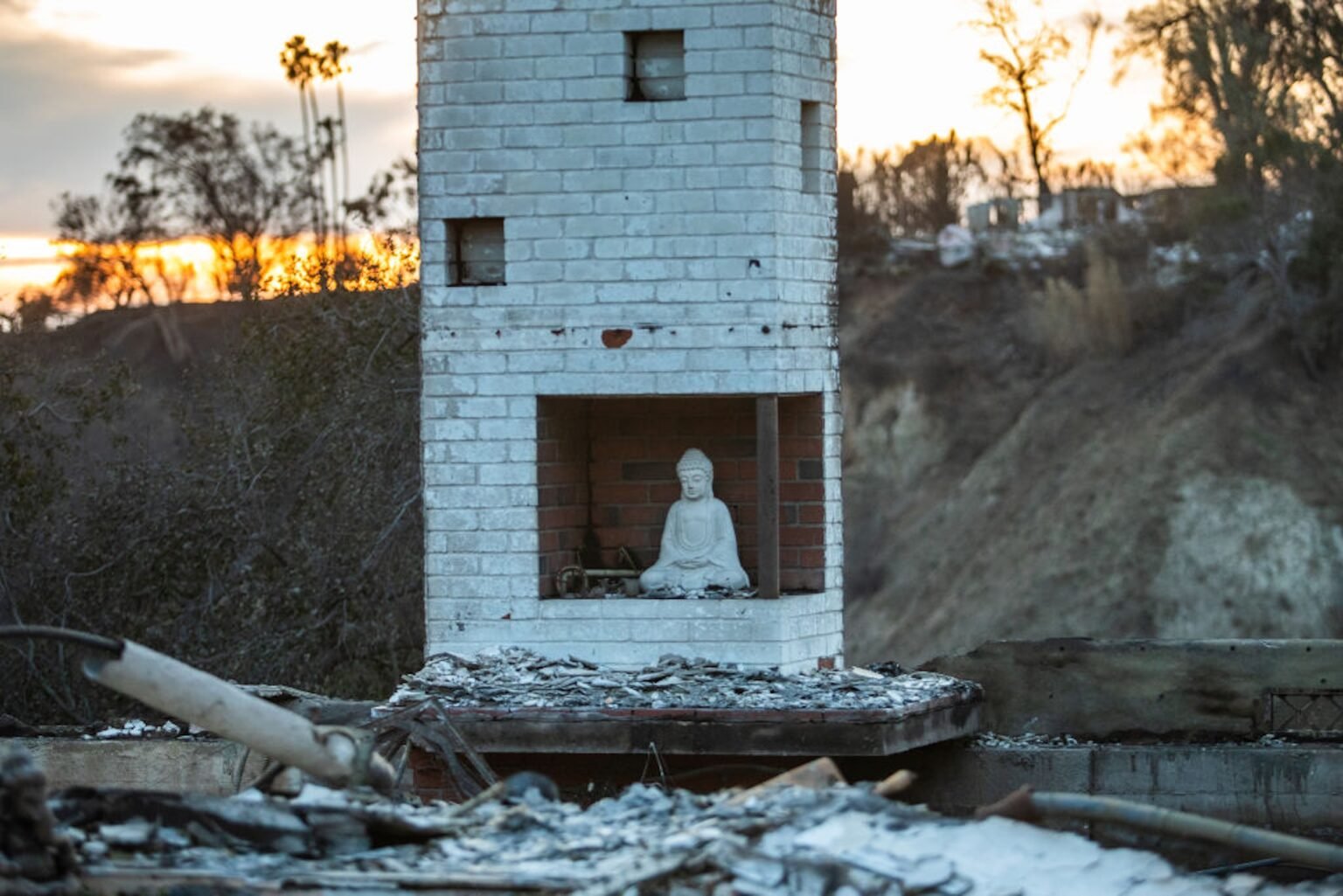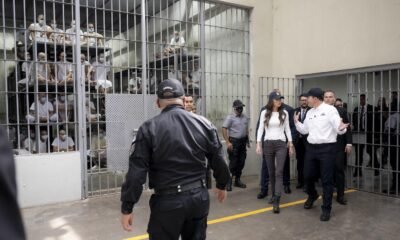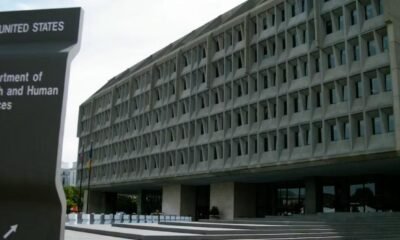Business
A Government Crafted in the Crucible of Human Suffering

In a recent “Saturday Night Live” monologue, comedian Dave Chappelle sparked conversation with a controversial remark. “Now you see that? That right there – that’s why I hate poor people,” he said, eliciting immediate laughter from the audience. The punchline, however, came later: “…because they can’t see past their own pain.”
Chappelle’s commentary was framed around a personal narrative regarding the devastating L.A. fires that had ravaged the homes of several celebrities. He highlighted a troubling trend in public discourse, where some individuals took pleasure in the misfortune of the wealthy, saying, “I hope their houses burn down.” This led him to a broader critique of societal attitudes toward poverty, which often misconstrue the notion of who counts as ‘poor.’
Recent census data indicates that approximately 37 million Americans fall below the poverty line, raising questions about the disparity in a nation known for its wealth. Social media intensifies this situation, creating a sense of relative poverty among those who feel overlooked and undervalued. Chappelle’s remarks point to a growing class of individuals who perceive their hardships as overlooked, attributing their bitterness to feelings of being disregarded in a society that seems more focused on celebrating success than addressing the struggles of many.
The implications of this mindset extend into the political realm, influencing policies on immigration and social rights. To support stringent immigration policies, for instance, many must detach from recognizing migrants as human beings. Instead, they are labeled and dehumanized; political rhetoric thrives on fear and division, positioning the “others” as scapegoats for personal grievances and societal woes.
This dynamic mirrors broader societal trends, where advancements in rights and progressive initiatives are often undermined or dismantled. Initiatives that promote diversity, LGBTQ rights, and reproductive health are increasingly marginalized in favor of narratives that align more with populist sentiments. Leaders capitalize on existing pain, diverting attention from the underlying causes of social inequality.
The role of money in politics exacerbates this issue. Wealthy donors and corporate interests wield significant power, shaping public policy to align with their objectives, often at the expense of the common good. Addressing monumental issues like climate change becomes a steep hurdle when financial interests exert such influence over political agendas.
Ironically, those who dismiss climate change as a hoax are frequently the same individuals who fall prey to unfounded conspiracy theories. This paradox underscores a profound disconnect; they place faith in narratives constructed by those with the most to gain from maintaining the status quo. The stakes in this gamble are high—mismatching beliefs can lead to catastrophic consequences for the environment and public health.
Ultimately, Chappelle’s insights highlight a crucial societal dilemma. Many people remain trapped in their perspectives, unable to transcend their own pain and recognize the broader struggles of others. This inherent blindness shapes not only individual experiences but also collective pathways toward social progress.
This report is part of ongoing coverage of socioeconomic issues affecting communities across the nation.








![Maricopa police arrested Jared Lee Staats, 38, at a Maricopa Circle K on March 26 after officers saw he had a warrant for his arrest. [Pinal County Sheriff's Office]](https://arizonanews.org/wp-content/uploads/2025/04/Tucson-Fugitive-Previously-Accused-of-Human-Smuggling-Captured-at-Maricopa-400x240.jpg)
![Maricopa police arrested Jared Lee Staats, 38, at a Maricopa Circle K on March 26 after officers saw he had a warrant for his arrest. [Pinal County Sheriff's Office]](https://arizonanews.org/wp-content/uploads/2025/04/Tucson-Fugitive-Previously-Accused-of-Human-Smuggling-Captured-at-Maricopa-80x80.jpg)








